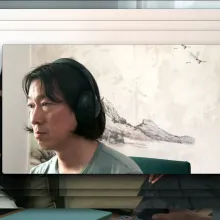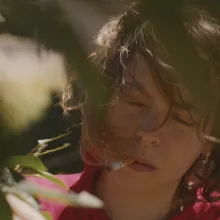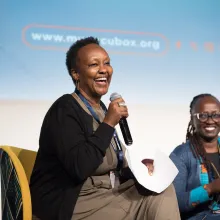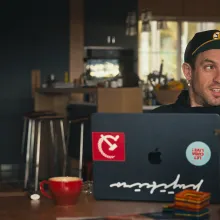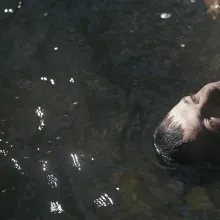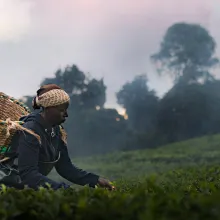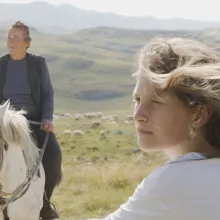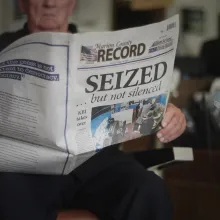In this interview, Kevin B. Lee discusses why he needed to expand the desktop documentary to craft his feature debut, Afterlives
Interview
This essay and interview examines how James Benning’s EIGHT BRIDGES builds on his decades-long approach to extended observation, personal geography
In this interview, Angelica Ruffier talks about mining her past brushes with desire for her IFFR doc La belle année
After stepping down from running DocuBox, founder Judy Kibinge reflects back on her 13-year tenure at the Kenya-based East Africa documentary fund
Sinéad O’Shea talks about the challenges of capturing Fergie Chambers’s many contradictions in All About the Money
Abby Ellis talks about ringing the alarm on the “environmental nuclear bomb” in Utah with her Sundance doc The Lake
Bea Wangondu and Andrew H. Brown on what to translate and what to keep sacred in their Sundance-premiering Kikuyu Land
Valerie Veatch traces the links between AI and eugenics in Sundance-premiering Ghost in the Machine , a self-funded documentary treatise made with
Biljana Tutorov and Petar Glomazić discuss avoiding rural clichés in their Montenegro-set documentary To Hold a Mountain
Sharon Liese on filming Seized, orchestrating a conversation between adversaries, and documenting a Kansas community reckoning with press freedom





